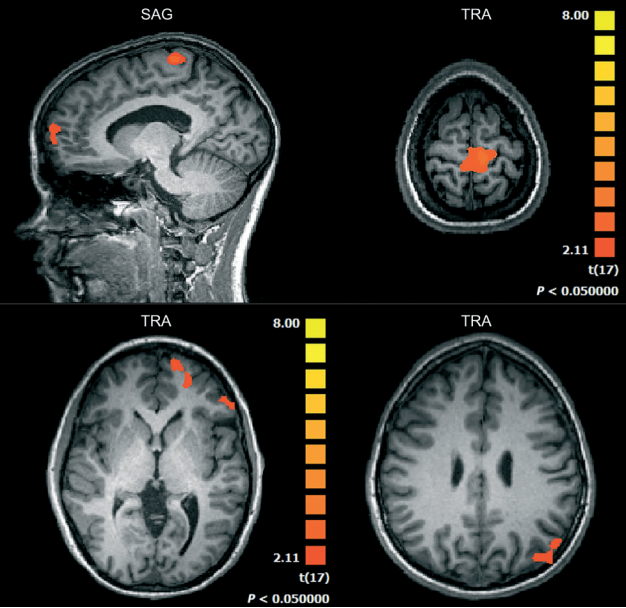Virtual Rehabilitation: Beyond Gaming
Every year
millions of people suffer a stroke worldwide, and about one third presents
chronic motor impairments. The social and economical cost of stroke is becoming
unsustainable, and already represents 2-4% of total healthcare costs worldwide.
In the context of motor rehabilitation, Virtual Reality (VR) has gained
increased visibility in the last years. VR has become a very powerful tool for
motor rehabilitation because it can be used to personalize rehabilitation to the
needs of patients. VR allows altering feedback and enabling users with
disabilities to interact with virtual environments in a way that would not be
possible in the real world. However, VR motor rehabilitation paradigms should
not be the mere computerization or gamification of traditional praxis. Instead,
VR training needs to incorporate neuroscientific hypotheses in order to
maximize brain plasticity mechanisms responsible for recovery.
VR can be used
to provide more direct interventions at the central nervous system level by closing
the sense-act loop in a controlled manner, and restoring sensory-motor
contingencies compromised by stroke. In this way, VR can provide cues for
reward and error correction essential for motor adaptation, error feedback and
sensorimotor integration networks. Similarly, it enables motor impaired
patients to generate meaningful goal oriented motor actions to recruit the
neural networks responsible for action recognition, the mirror neurons. In a
previous study Cameirão et al. have shown that VR training paradigms that
embrace clinical and neuroscientifc guidelines lead to improved motor function
in stroke patients compared to traditional physical and occupational therapy.
 |
Brain activation related to motor imagery. Adapted from Prochnow et al., 2013.
|
In two recent
studies, we have coupled VR motor rehabilitation training and brain imaging
technologies – electroencephalography and functional Magnetic Resonance Imaging
(fMRI) – to recreate a VR training paradigm with healthy participants in
controlled settings. Both studies have shown consistent results pointing
towards an increased effectiveness of paradigms based on motor imagery in
recruiting motor related brain networks. In particular, the fMRI study by
Prochnow et al. has revealed activation in brain regions associated with motor
control consistent with those related to the human mirror neuron system.
Although these are important findings, at this moment we are still far from
fully understanding what the effective ingredients of VR rehabilitation systems
are, and what the best way of personalizing rehabilitation protocols in terms
of system type, method and dose is. The consequence is that despite numerous
technological advantages provided by VR systems we cannot take full advantage
of them. Hence, there is an urgent need to continue coupling VR rehabilitation
systems with brain imaging technologies to further understand how
neuroanatomical determinants, such as lesion size and location, affect motor
execution; how the corresponding brain mechanisms underlie recovery; and how to
provide optimal rehabilitation strategies for each individual case.
References
Bermudez i Badia, S., Garcia Morgade, A., Samaha,
H., et al. (2013). Using a hybrid brain computer
interface and virtual reality system to monitor and promote cortical
reorganization through motor activity and motor imagery training. IEEE Trans Neural Syst Rehabil Eng, 21(2),
174-181.
Cameirao, M. S., Bermudez, I. B. S., Duarte, E., et
al. (2011). Virtual reality based rehabilitation speeds up functional recovery
of the upper extremities after stroke: a randomized controlled pilot study in
the acute phase of stroke using the rehabilitation gaming system. Restor Neurol Neurosci, 29(5), 287-298.
Prochnow, D., Bermudez i Badia, S., Schmidt, J., et
al. (2013). A functional magnetic resonance imaging study of visuomotor
processing in a virtual reality-based paradigm: Rehabilitation Gaming System. Eur J Neurosci, 37(9), 1441-1447.


Comments